Some of the charities and trusts listed below will have specific grant funds for carers. Others don’t but may help towards the cost of essential household items, equipment, breaks, etc. for the person in receipt of care which will in turn benefit the carer.
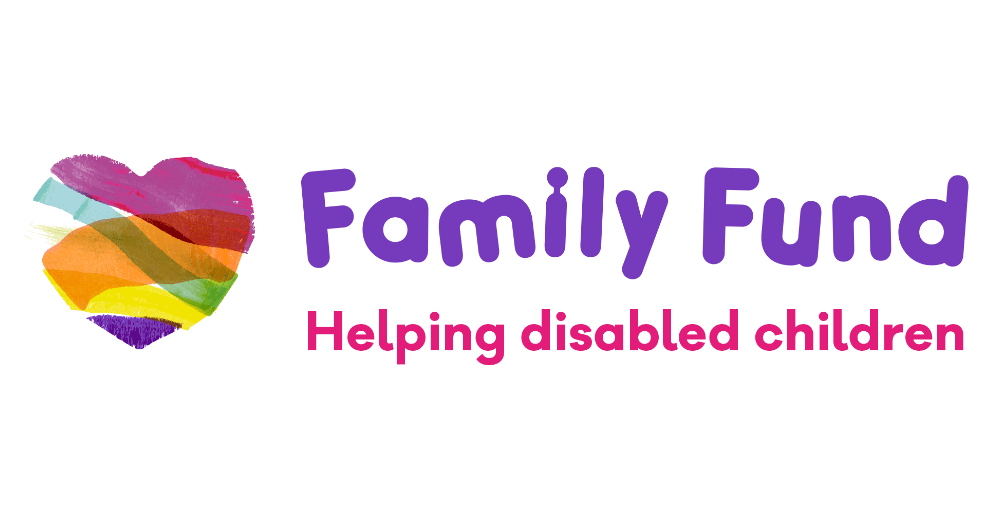
The Family Fund
The Family Fund helps families across the UK who are raising a disabled or seriously ill child or young person aged 17 or under. They will look at any grant request that relates to the needs of a disabled or seriously ill child or young person and their family. In particular, essential items such as washing machines, family breaks or equipment for college or school may be provided.
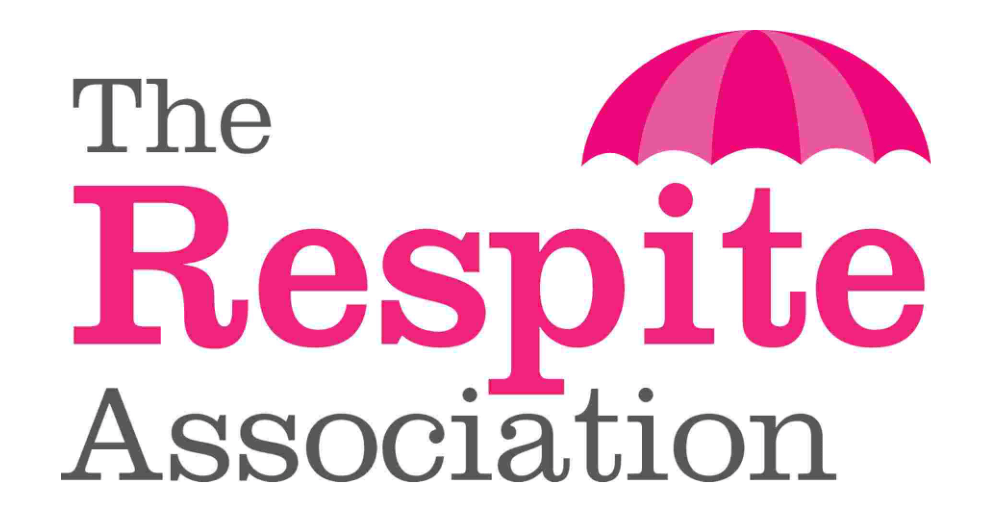
The Respite Association
The Respite Association provides short term assistance in the funding of appropriately qualified respite care for disabled, sick, elderly or terminally ill persons in order that their regular carer can be allowed to take a much needed break. In addition they purchased a caravan at Skegness in 2012 in order to offer free respite breaks for carers.

Macmillan Cancer Support
Macmillan Cancer Support considers grant applications from people with cancer for items such as washing machines and other essential household equipment, fares to and from hospital for treatment, and heating bills.

Friends of the Elderly
- Home essentials – to cover the cost of replacing everyday items, small home repairs and mobility adaptations.
- Digital connection – can be used towards the cost of equipment, such as tablets and smartphones, as well as broadband costs.
- Financial support – to help with unexpected bills and large costs, such as utility bills, funeral costs or moving fees. www.fote.org.uk/our-charity-work/grants

Independence at Home
Independence at Home helps people with physical disabilities and mental health conditions and their families and carers with essential equipment, breaks, home repairs and more.

MS Society
The MS Society has two grant funds. The Health & Wellbeing Grant is there for items and activities that will have a significant positive impact on the life of people with MS, that means everything from holidays and car adaptations to wheelchairs and exercise equipment. The second is the Carers Grant Fund. This fund can help fund activities that give unpaid carers a chance to relax or learn new skills.

MND Association
MND Association helps towards the cost of essential items, equipment, respite breaks and a range of other items and services (including transport costs for carers) for people with Motor Neurone Disease and their families and carers.
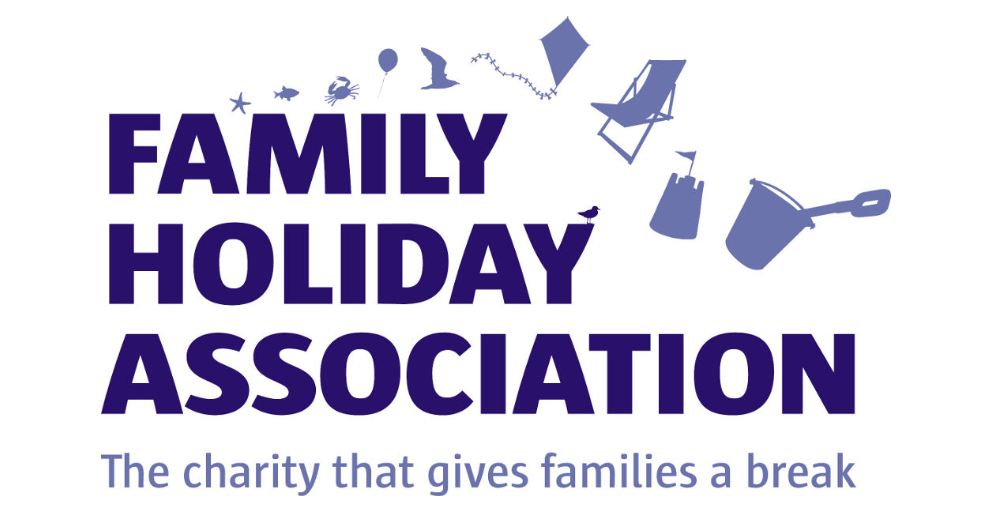
Family Holiday Association
Family Holiday Association helps families with a child between 3 and 18 who are on a low income and have not had a holiday for four years to have a break.

Ogilvie Charities
Ogilvie Charities funds breaks for carers through the Margaret Champney Rest and Holiday Fund and essential household equipment through the Straitened Circumstances Fund
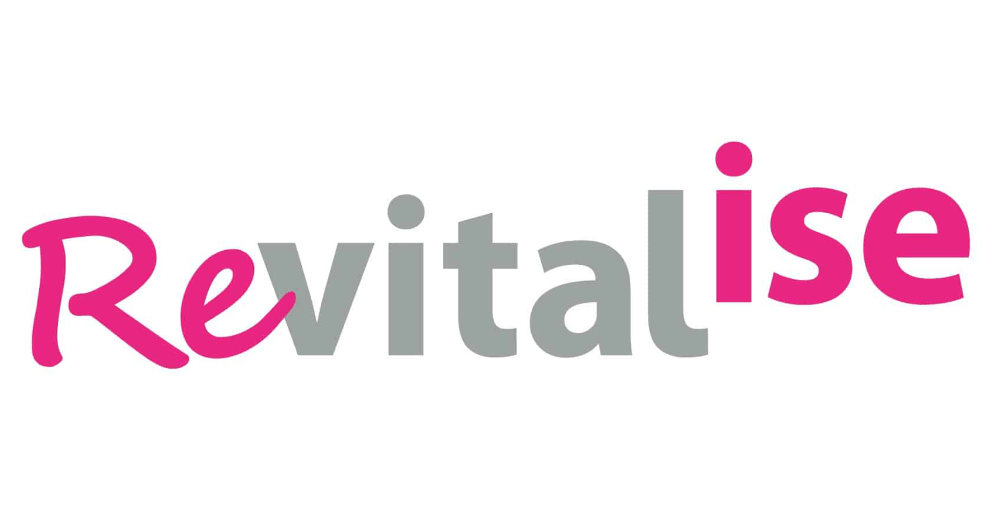
Revitalise
Revitalise is a charity that provides respite care in a holiday setting for disabled people with or without their carers. People can apply for grants towards the cost of a break at one of the Revitalise Centres from the Joan Brander Memorial Fund: Joan Brander Memorial Fund
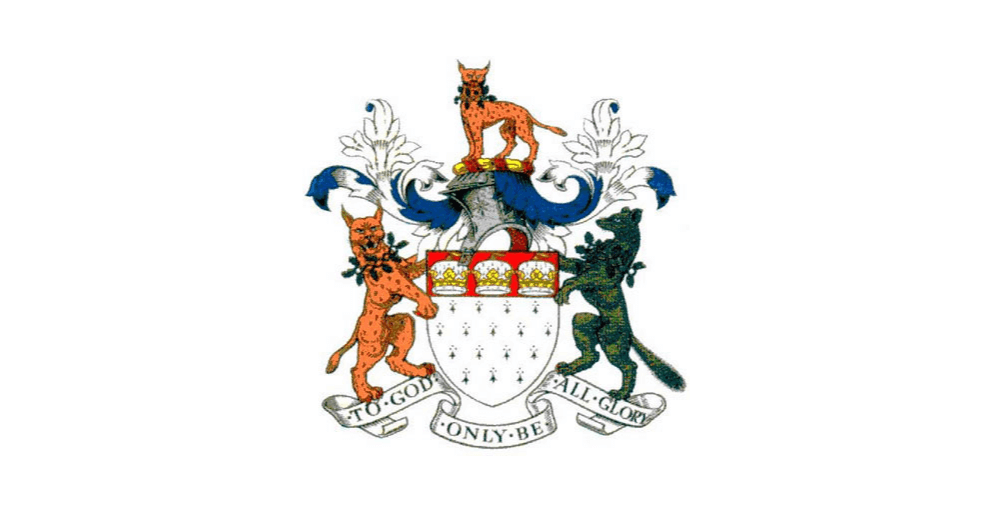
The Lawrence Atwell Charity
The Lawrence Atwell Charity aims to assist young people who come from a low income background to become qualified or equipped to work in their chosen career. It provides grants (up to £1500) or loans for young people aged between 16 and 26 towards the cost of vocational training or equipment that is essential for work. Applicants may receive a one-off award or a series of payments across the duration of a course of study.
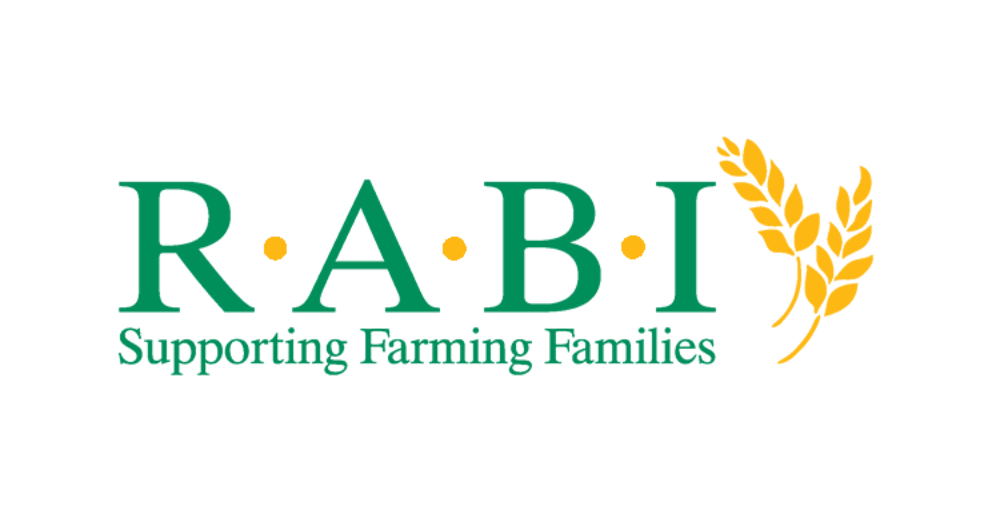
Royal Agricultural Benevolent Association
Royal Agricultural Benevolent Association offers financial & crisis support to farming people in hardship of all ages. Dependants can also qualify for assistance. The trustees retain the discretion to help people at all times. The charity provide short-term and long-term support to people and many become ‘full beneficiaries’ of the charity, receiving ongoing regular payments (to qualify for the ongoing regular payments applicants are normally aged 65 or over, having worked in farming for at least 10 years).